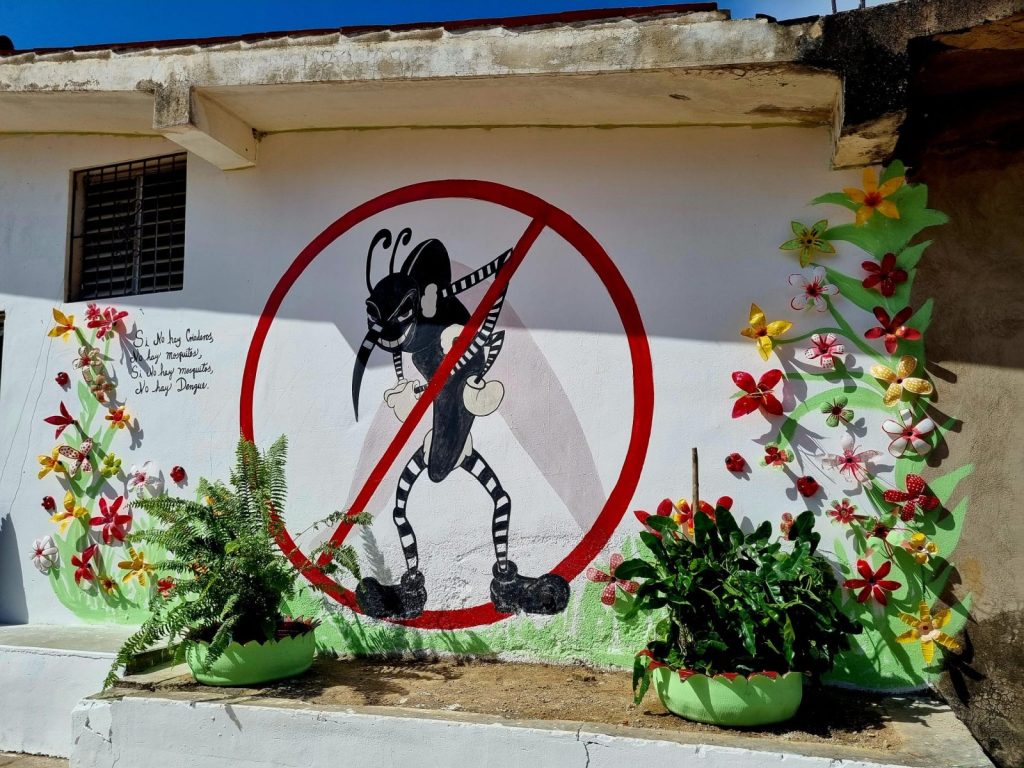On World Mosquito Day we are sounding the alarm about the potential impact of funding cuts on global health programmes that prevent and treat mosquito-borne diseases.
Already the effects are being felt across the world, hitting those in most vulnerable humanitarian settings the hardest.
There is a real risk progress will stall, cases of diseases such as malaria, dengue and chikungunya will rise catastrophically, and more people will die unless programmes:
– Innovate and leverage from new tools and implementation models.
– Integrate tools and approaches to tackle multiple vector and diseases with single interventions.
– Improve efficiency gains to make the best use of resources.
– Tailor vector control tools for specific contexts (including specific populations such as displaced people or refugees)
Recent history has shown what happens when preventive services are disrupted. The WHO recorded an estimated 14 million more malaria cases and an additional 47 000 deaths in 2020 due to sudden interruptions to malaria services caused by the COVID-19 pandemic.
“Without the rapid delivery of prevention and treatment services to at-risk populations, the consequences could be fatal.
“Sustained investment in primary health care and delivering integrated, life-saving services – particularly for vulnerable populations – must remain a priority.” – WHO.
Caption: A mural in Venezuela where dengue is endemic and people are at high risk because of poor sanitation and reduced access to healthcare due to the humanitarian crisis affecting the country.
- News
Warning about the impact of funding cuts on mosquito-borne diseases
- Kathryn Johnson

